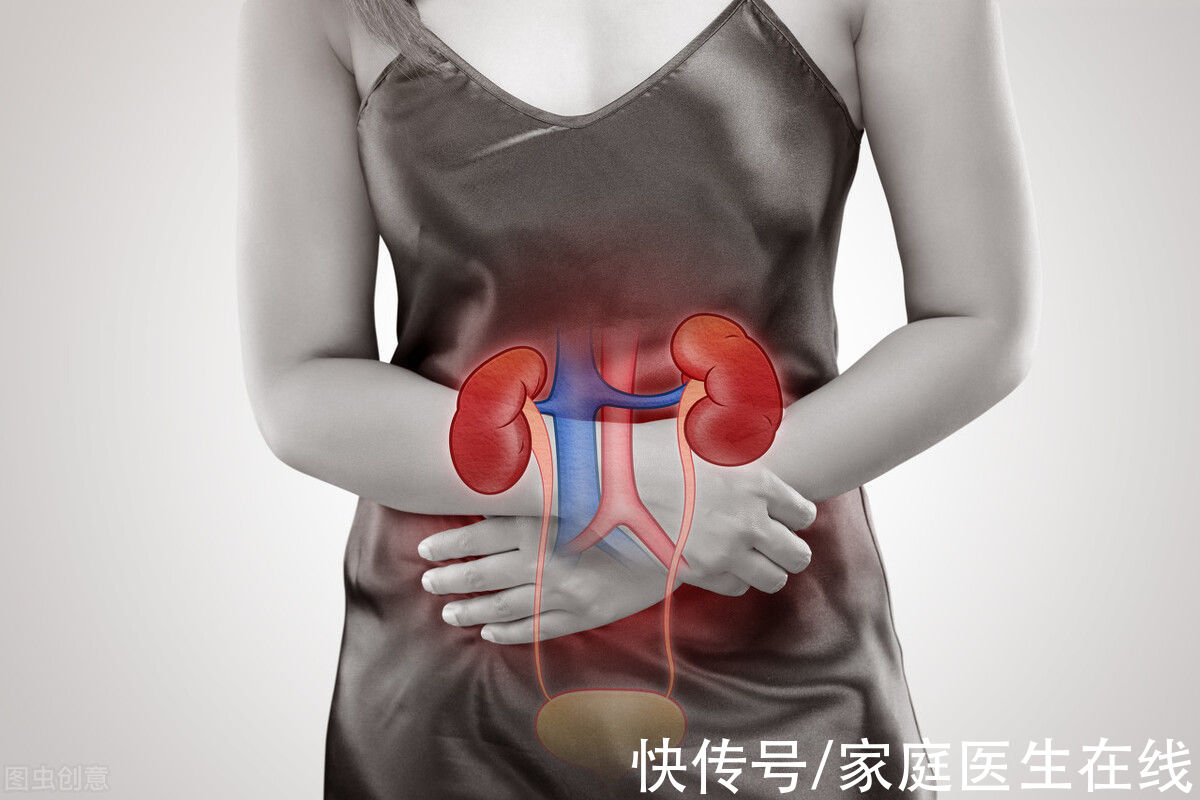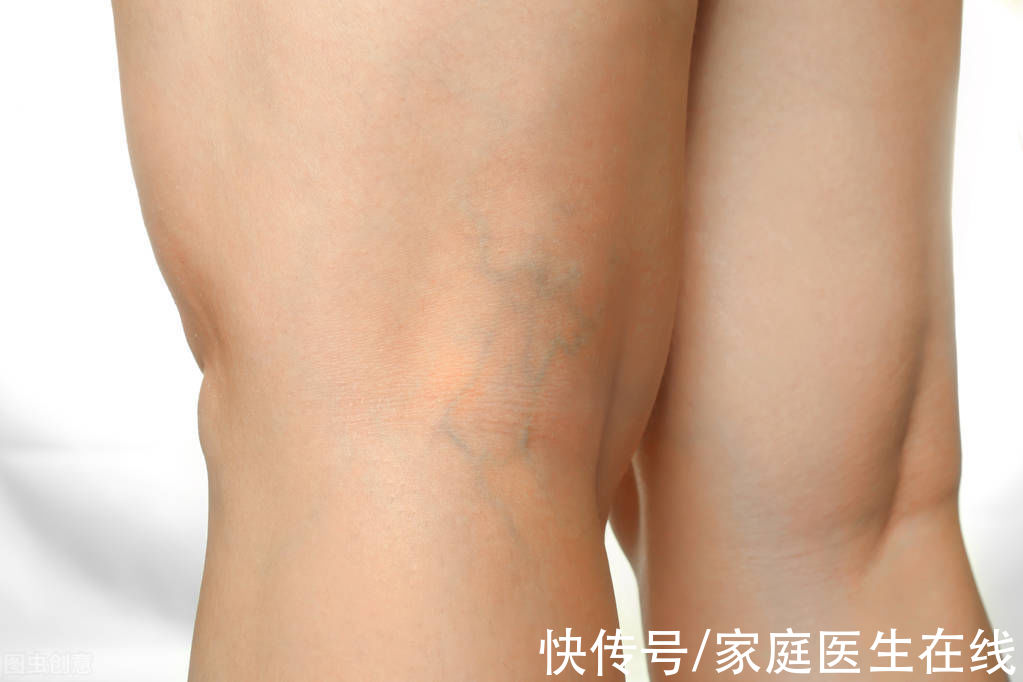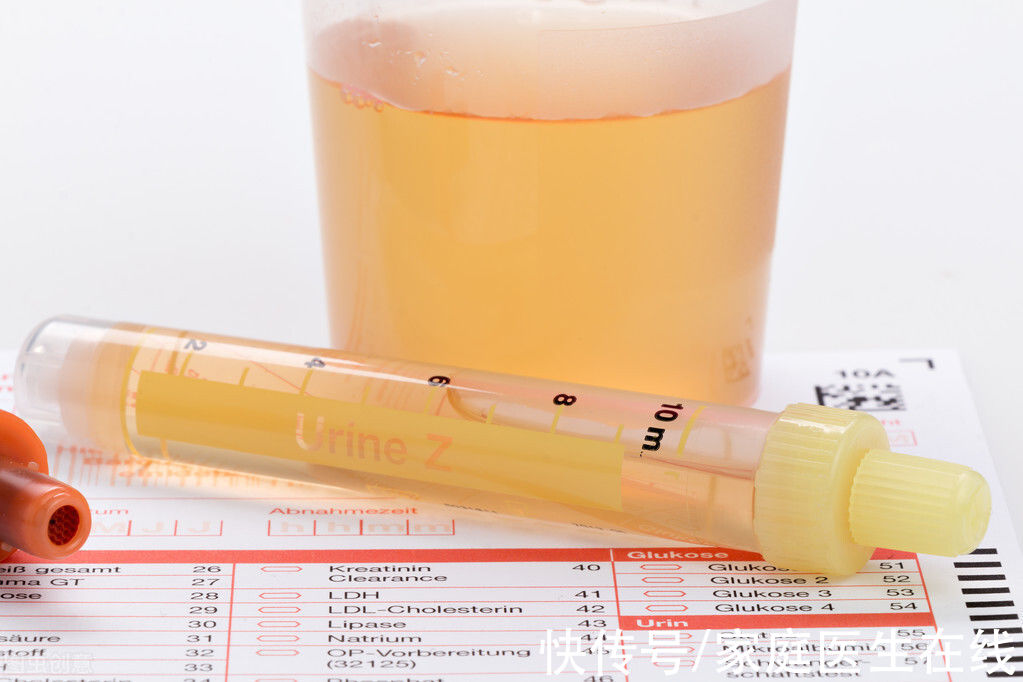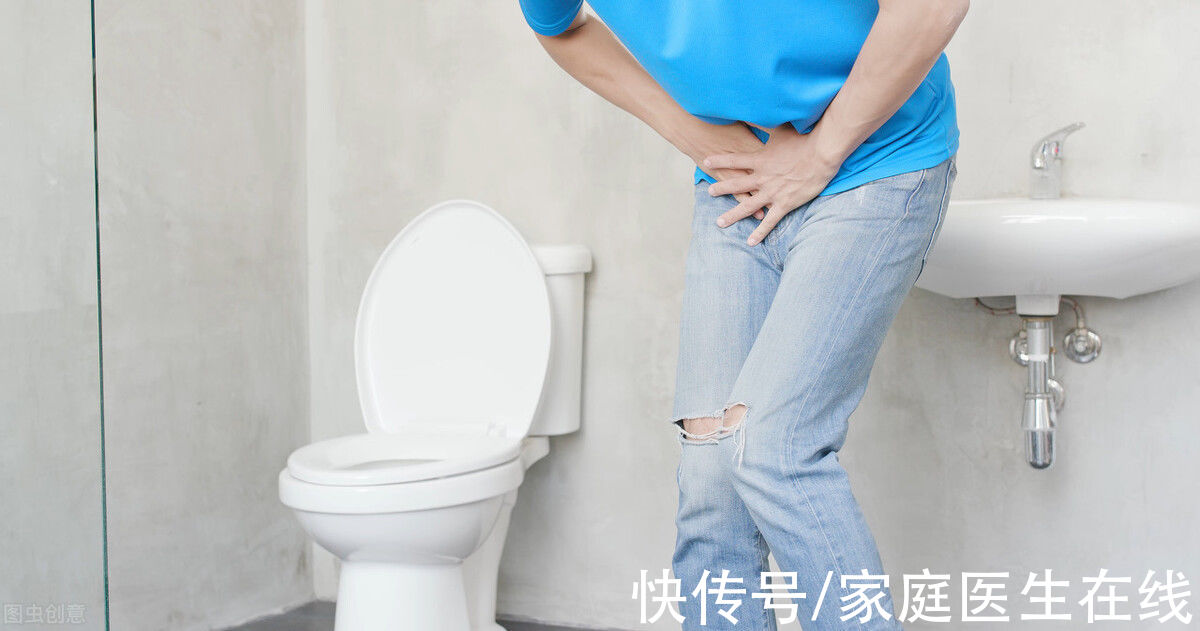People often use symptoms to judge whether the condition is getting better or not, thinking that the disappearance of symptoms means the disease is getting better or cured. In fact, some patients with kidney disease may have their kidney disease worsening even though their symptoms have subsided. Especially after the following five symptoms subside, it does not mean that the kidney disease is getting better, and it is very likely that the kidney disease is still worsening.

Which symptom subsidence does not mean the kidney disease is getting better?
1. Lower extremity edema
The subsidence of lower extremity edema does not mean the improvement of kidney disease. nephropathy. When edema of both lower extremities occurs, it is confirmed that it is membranous nephropathy after blood test or renal puncture examination.
As a result, when I went to the hospital for renal function, routine urine and plasma protein tests, it was found that the kidney disease did not improve at all, but the levels of blood protein and urine protein increased, and the serum creatinine was also abnormal.

Therefore, the resolution of lower extremity edema does not mean the improvement of membranous nephropathy. Under the guidance of a doctor, use Puli or Sartan antihypertensive drugs, together with immune preparations or hormonal drugs and anticoagulants.
2. Joint gout
Patients with uric acid nephropathy are prone to joint gout. It is characterized by joint redness, swelling, heat and pain, and limited joint movement. Uric acid nephropathy can be diagnosed by urine and blood tests and clinical manifestations.
When joint gout attacks, patients will take anti-inflammatory analgesics for the first time to relieve their symptoms. Of course, this does not mean that the condition is getting better.

The level of blood uric acid continues to rise, and it is easy to precipitate crystals in the renal interstitium and kidney. Deposition in the tubules, thereby developing into chronic renal insufficiency, and even worsening to uremia in a short period of time.
Therefore, patients with uric acid nephropathy should insist on taking uric acid-lowering drugs after the joint gout problem subsides.
3. Gross hematuria
Gross hematuria is a typical symptom of IgA nephropathy, and some patients Occasionally found gross hematuria, went to the hospital for a kidney biopsy and was diagnosed with IgA nephropathy. If this symptom did not appear for a long time, the treatment was simply abandoned.

When I went to the hospital for a kidney function and routine urine test, I found that the kidney function had entered the Incomplete or uremic stage. Therefore, patients with IgA nephropathy should continue to cooperate with the doctor after the gross hematuria disappears, and the drug should not be stopped suddenly.
4. Petechiae and petechiae
Petechiae and petechiae are allergic The typical symptoms of purpuric nephritis can usually subside on their own, or can be relieved by short-term use of anti-allergic drugs, but treatment cannot be given up at this time, so as to avoid developing chronic renal insufficiency and then realizing it later. It is also necessary to strictly follow the doctor’s prescription and actively control the urine protein and blood pressure levels.

5. Urgency of urination
Urinary urgency and dysuria is the first symptom of chronic pyelonephritis, which can be diagnosed by this symptom, blood and urine examination, color Doppler ultrasound, etc.
Usually after anti-infective treatment, the problem of urgency and dysuria can be improved, but the problem of bacterial infection of the urinary tract triggering immune inflammatory factors in the kidney has not been solved. Treatment, then in just a few months will develop into uremia. Therefore, bacteria in the urinary tract should be completely removed and immune inflammation should be suppressed.

Message from the doctor
It can be seen that it cannot pass Symptoms to determine whether the condition has improved, it is necessary to continue to take medicine under the guidance of a doctor, and go to the hospital for regular review to determine whether the condition has improved. In addition, in addition to strictly following the doctor’s instructions for treatment, you should also adjust your diet, sleep and exercise, properly control protein, potassium and salt intake, and combine work and rest to ensure adequate sleep.
Family doctor online feature, unauthorized reprint